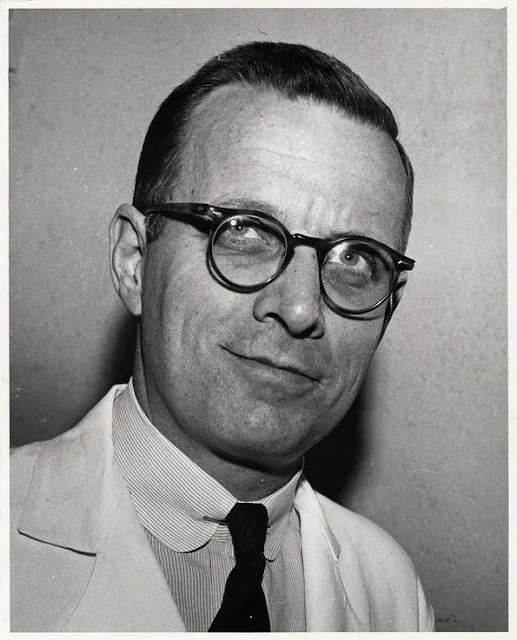.
Item. A good case can be made for our nonexistence as entities. We are not made up, as we had always supposed, of successively enriched packets of our own parts. We are shared, rented, occupied. At the interior of our cells, driving them, providing the oxidative energy that sends us out for the improvement of each shining day, are the mitochondria, and in a strict sense they are not ours.
They turn out to be little separate creatures, the colonial posterity of migrant prokaryocytes, probably primitive bacteria that swam into ancestral precursors of our eukaryotic cells and stayed there. Ever since, they have maintained themselves and their ways, replicating in their own fashion, privately, with their own DNA and RNA quite different from ours. They are as much symbionts as the rhizobial bacteria in the roots of beans. Without them we could not move a muscle, drum a finger, think a thought.
Mitochondria are stable and responsible lodgers, and I choose to trust them. But what of the other little animals, similarly established in my cells, sorting and balancing me, clustering me together? My centrioles, basal bodies, and probably a good many other more obscure tiny beings at work inside my cells, each with its own special genome, are as foreign, and as essential, as aphids in anthills.
My cells are no longer the pure line entities I was raised with; they are ecosystems more complex than James Bay.—Lewis Thomas
Lives of a Cell (treasure)
.
My friend, this body is made of bone and excited protozoa and it is with my body that I love the fields. How do I know what I feel but what the body tells me? Erasmus thinking in the snow, translators of Virgil who burn up the whole room, the man in furs reading the Arabic astrologer falls off his three-legged stool in astonishment, this is the body, so beautifully carved inside, with the curves of the inner ear, and the husk so rough, knuckle-brown.
As we walk, we enter the fields of other bodies, and every smell we take in the communities of protozoa see, and a being inside leaps up toward it, as a horse rears at the starting gate. When we come near each other, we are drawn down into the sweetest pools of slowly circling smells . . . slowly circling energies . . . The protozoa know there are odors the shape of oranges, of tornadoes, of octopuses . . .
The sunlight lays itself down before every protozoa,
the night opens itself out behind it,
and inside its own energy it lives!
So the space between two people diminishes, it grows less and less, no one to weep, they merge at last. The sound that pours from the fingertips awakens clouds of cells far inside the body, and beings unknown to us start out in a pilgrimage to their Saviour, to their holy place. Their holy place is a small black stone, that they remember from Protozoic times, when it was rolled away from a door . . . and it was after that they found their friends, who helped them to digest the hard grains of this world . . . The cloud of cells awakens, intensifies, swarms . . . the beings dance inside beams of sunlight so thin we cannot see them . . . to them each ray is a vast palace, with thousands of rooms. From the dance of the cells praise sentences rise to the voice of the man praying and singing alone in his room. He lets his arms climb above his head, and says, “Now do you still say that you cannot choose the road?”
—Robert Bly
for Lewis Thomas, and his The Lives of the Cell
.

No comments:
Post a Comment